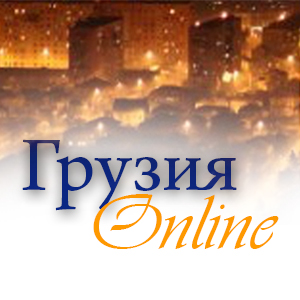
Ministers of 19 out of 20 G20 countries refused to meet with Lavrov
Delegates from 19 out of 20 countries at the summit, including India, Turkey, Brazil, “friendly” to Russia, as well as Saudi Arabia and Mexico, refused official meetings with the Russian minister, who at the beginning of the war predicted that it was “impossible” to isolate Russia, and in two Weeks before the summit, he assured that “there is no isolation of Russia.”
According to Bloomberg, only Chinese Foreign Minister Wang Yi held formal talks with Lavrov, who, according to the Bali authorities, ended up in the hospital immediately after arrival (although the Russian Foreign Ministry categorically denied this).
Wang Yi told Lavrov about the need for negotiations with Ukraine and China’s readiness to “play a constructive role” in achieving peace. He also hinted at Beijing’s rejection of the nuclear rhetoric that the Russian leadership has become enamored of in the wake of the failures in the war. Statements by the Russian Foreign Ministry that a nuclear war cannot be won and should not be started are evidence of a “rational and responsible” approach, Wang Yi said.
Due to Lavrov’s presence, the G20 leaders abandoned the traditional “collective photo”, and the Russian minister himself left the summit the day before it ended. He also did not participate in the adoption of the final communiqué, which called the Russian invasion of Ukraine a “war.” The document says that most of the G20 countries “sharply condemn” the war, which “brought suffering” and exacerbated the “vulnerability” of the world economy, although a number of countries have a different opinion on this situation and the issue of sanctions.
Russian President Vladimir Putin refused to go to the summit, although in June the Kremlin announced his participation. The Kremlin has sought to insulate Putin from tensions with world leaders over the invasion of Ukraine, Bloomberg sources familiar with the situation said.

Average Rating